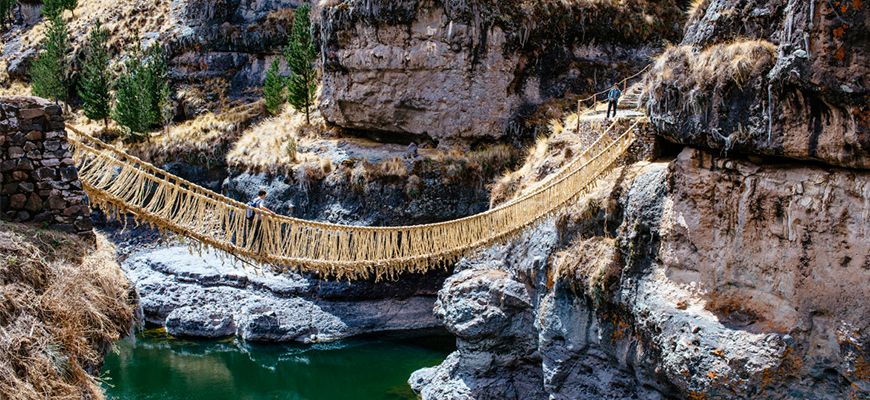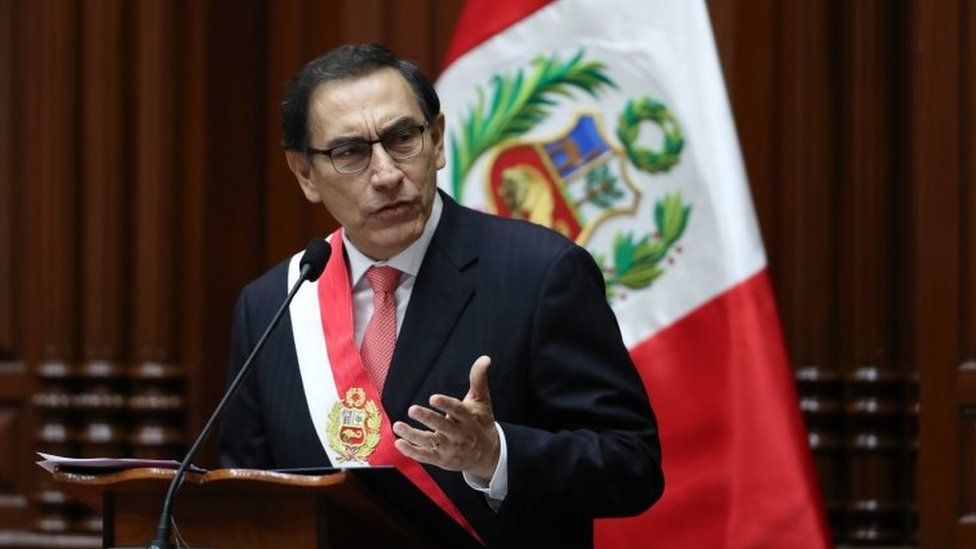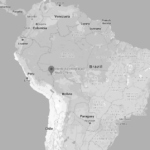The Q’eswachaka suspension bridge, which has been maintained in its original state from generation to generation since the 15th century and is a declared Intangible Cultural Heritage of Humanity, collapsed due to the deterioration of its ropes that could not be renewed due to the pandemic, according to the cultural authority of Cusco in Peru.
The structure of the 90-ft long bridge over the Apurímac River is just over 3 feet wide and is built of a vegetable fiber braided into ropes. Farmers in the area have rebuilt the rope walkway every year between May and June for five centuries. It is the last bridge of its kind.
A technical team is assessing the damage.
By Milan Sime Martinic


